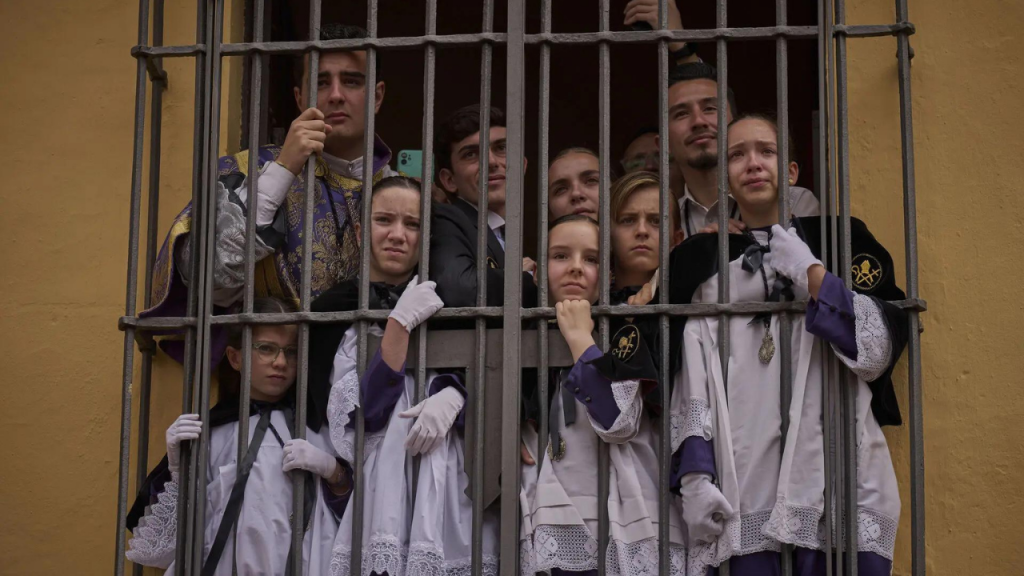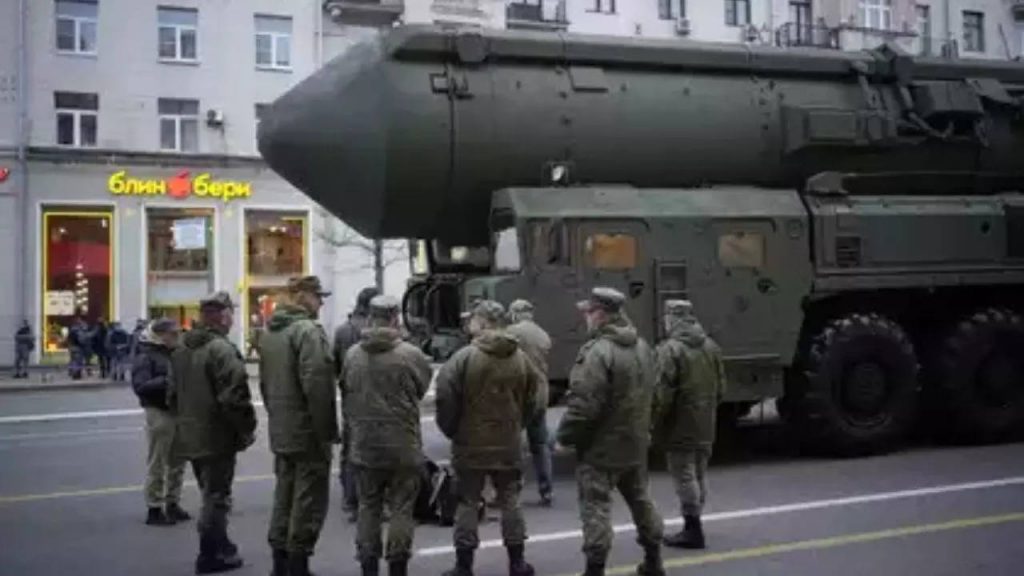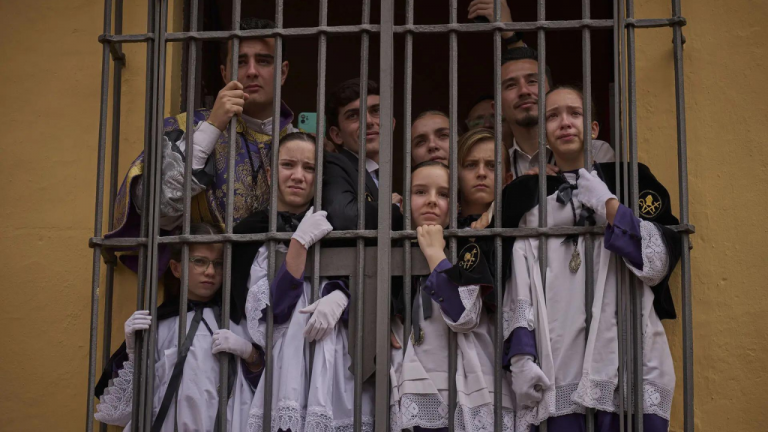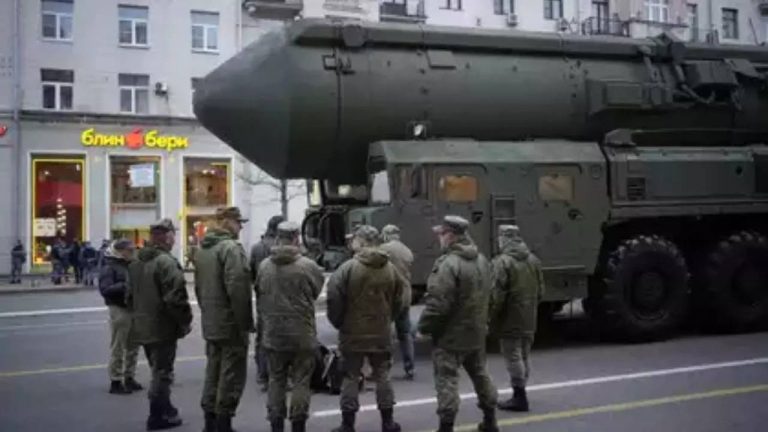After the fall of the Soviet Union, Ukraine inherited a significant nuclear stockpile. Despite possessing these nuclear weapons, Ukraine chose to relinquish them due to financial burdens and geopolitical risks. The 1994 Budapest Memorandum promised security guarantees to Ukraine, which unfortunately proved unreliable when Russia annexed Crimea and supported separatists in Ukraine. The current Russia-Ukraine conflict underscores the vulnerabilities of Ukrainian security without nuclear deterrence. The decision to give up nuclear weapons has left Ukraine exposed to external threats, leading to calls for reassessing its security strategy. As Ukraine grapples with the ongoing conflict and seeks to strengthen its defenses, the debate around nuclear capabilities has resurfaced. The country’s security challenges have reignited discussions on the role of nuclear weapons in safeguarding national interests. In a region marked by heightened tensions and military aggression, the issue of nuclear deterrence remains a contentious topic. As Ukraine navigates these complex security dynamics, the legacy of its nuclear disarmament continues to shape its strategic choices. The need for reliable security assurances and effective defense mechanisms has become more pronounced in the face of evolving threats. The international community closely monitors developments in the region, recognizing the implications of Ukraine’s security decisions on global stability.
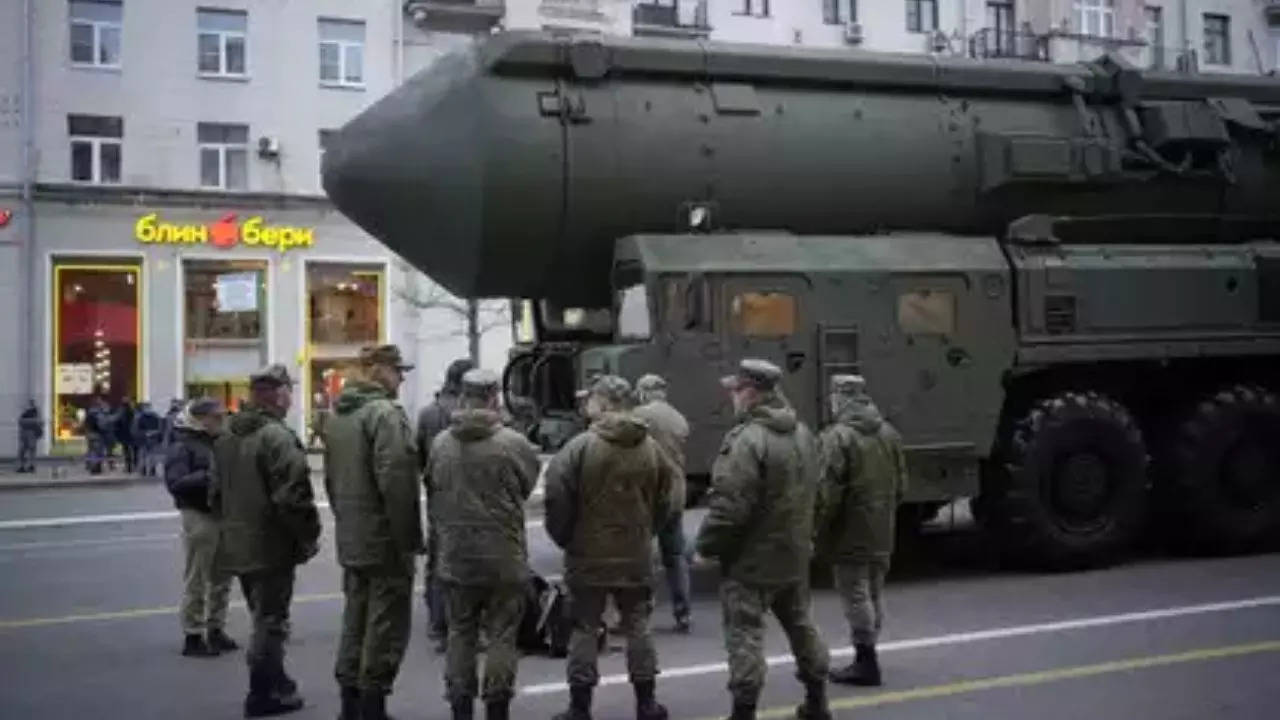
Posted in
JUST IN
Ukraine’s decision to give up nuclear weapons backfires as Russia-Ukraine conflict exposes security vulnerabilities.
In Trend







